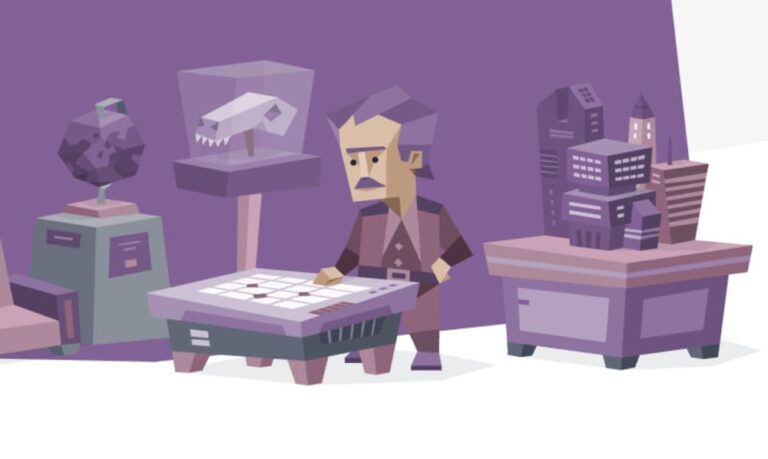Flutter has become a popular framework for mobile app development due to its ability to create cross-platform applications efficiently. However, the duration of building a Flutter application is often a question for clients and developers, especially for those wondering how long it takes to complete an app using Flutter. The estimated time for Flutter app development varies based on factors such as project complexity, required features, and available resources. This article will discuss the estimated time to build a Flutter application, the timeline, and the key factors affecting the development process.
Factors Affecting the Duration of a Flutter App Build
Before determining an estimated time for Flutter app development, it’s essential to understand some factors that influence the time needed to complete a mobile app with Flutter. One key factor is feature complexity. The more complex the features desired in the app, the longer it will take to complete. Features such as payment integration, user authentication, geolocation, and advanced data processing require additional time for implementation and testing.
User interface (UI) design also affects the duration of mobile app development with Flutter. A complex, detailed design takes more time to develop compared to a simple UI. Creating a responsive, engaging, and user-friendly interface requires attention to detail, which can extend the development time. Additionally, the number of platforms targeted impacts the duration. Flutter allows for simultaneous development on Android and iOS, but if customization is needed for each platform, the time needed will increase.
The experience and skill level of the development team also play a crucial role. Experienced developers with solid knowledge of Flutter can usually complete projects faster than those who are newer to the framework. Effective coordination between the client and the development team can also help keep the project on schedule and avoid delays.
Stages of Flutter App Development
The development of a Flutter app consists of several stages, each with its own duration. The first stage is the requirements analysis, where the development team discusses with the client to understand the app’s goals and desired features. This stage typically takes one to two weeks, depending on the app’s complexity and the number of required features.
Once the app requirements are established, the process moves to UI/UX design. The design team creates the interface and user experience concepts to ensure the app aligns with the client’s preferences. This stage usually takes two to four weeks, depending on the level of detail and design complexity. After the design is finalized, backend development begins if the app requires data management. Backend development typically takes three to five weeks.
Frontend development with Flutter begins after the backend is complete or can run concurrently if the project’s setup allows. Frontend development usually takes around four to eight weeks, depending on the complexity of the features. During this phase, the developers integrate core features such as authentication, navigation, and UI components.
Testing and debugging follow, which typically require two to three weeks. In this stage, the app is tested to ensure all features function properly without bugs or issues. Testing includes performance, functionality, and compatibility on various devices.
The final stage is deployment and launch. Once testing is complete, the app is uploaded to the Google Play Store or Apple App Store. Approval processing on each platform takes one to two weeks. Overall, the standard duration for Flutter app development for a medium-complexity app is approximately three to six months.
Timeline for Flutter App Development
Based on the stages above, here is a general timeline for Flutter app development:
Month 1: Requirements analysis and UI/UX design. Months 2-3: Frontend and backend development. Month 4: Additional feature integration, testing, and debugging. Month 5: Final preparation, last adjustments, and app store release.
With this timeline, the estimated duration for building a simple Flutter app is typically around two to three months, while a more complex app may take up to six months or longer. The time required for a Flutter app build may vary depending on the specific needs of the project.
Estimated Time for Custom Flutter Applications
If you need an estimated time for custom Flutter applications with specific features, it’s recommended to consult directly with the development team. Applications that require the integration of specific systems, such as external APIs, location-based features, or advanced authentication, may require more time than standard applications. The estimated time for Flutter app development for custom applications is often longer, as each feature must be developed according to the client’s specific needs.
The process and time required for building a Flutter application will vary depending on the app’s complexity and scale. For simple applications, the development time typically ranges from two to three months, but for more complex applications with numerous additional features, it may take four to six months or even longer.
Other Factors Affecting App Development Time
In addition to major factors such as feature complexity and design, there are other considerations that may impact the duration of a Flutter app build. One of these is design revisions. If changes are made to the design during development, it can add to the build time. Each revision requires additional time to align with the overall application.
Additional testing can also extend development time. For instance, if the app requires extensive performance or security testing, the testing period may be longer. Also, adding new features not initially planned in the project scope can impact development duration. Each new feature requires time for design, development, and testing to ensure compatibility with the existing app.
Considering these factors, how long it takes to build a Flutter app largely depends on coordination between the client and the development team and the clarity of initial project requirements.
Conclusion
The duration of Flutter app development is influenced by factors such as feature complexity, interface design, and backend requirements. The estimated time for a Flutter app project for a simple app usually ranges from two to three months, while more complex apps may take four to six months or more. Understanding the factors affecting the duration of a Flutter application build will help you plan project timelines and budgets more effectively.
If you’re considering developing an app with Flutter, it’s essential to work with an experienced development team that can provide realistic time estimates. This will ensure that the final app meets your business needs and can be released on time.







